Farmer’s Guide to Trucking Regulations available to Ohio Farm Bureau members
The guide includes a farm driver checklist, overview of state and federal regulations and exemptions, CDL qualifications and more.
Read More
1 Planning a storage space
Storage space should be kept to a minimum to discourage storing too many unneeded pesticides, however, the space should be large enough to store all your chemicals including: newly purchased chemicals and opened containers, as well as used and unwanted chemicals, and empty containers until they can be properly disposed of.
2 Storage site location
The best storage area would be a portable or prefabricated storage building, as it can be repositioned easily in case of a flood hazard. Locate a detached structure far enough away from other buildings and structures in case of a fire.
Pick an area that does not flood regularly. Water and moisture can cause metal containers to rust; disintegrate paper or cardboard packaging; make labels unreadable; cause labels to detach; cause dry formulations to clump or cake, break down, or dissolve and release pesticide; and cause pesticide to spread to other areas.
3 Storage construction
Use materials that are nonflammable to build your structure. Use nonabsorbent materials, such as metal or nonporous shelving with a lip or leak-proof plastic trays on the shelves. Plastic trays can help organize products and act as secondary containment in case of a spill.
Use sealed floors, such as sealed concrete, epoxy-coated metal or concrete, no-wax sheet flooring, or other easily cleaned, nonabsorbent material. If possible, provide electrical power to the storage area to allow for internal lighting, an exhaust fan, and a heater, in addition to exterior security lighting and alarm.
4 Storage environment
Keep the storage unit dry and well ventilated. Keep outside doors and windows closed and locked, unless windows are needed for ventilation. Windows should not be large enough for someone to enter through them.
Keep pesticides from freezing — most should be stored between 40 and 90 F; Read the label to be sure. Keep containers out of direct sunlight. Do not put containers, especially glass or aerosol containers, in windows even temporarily.
Source: Pesticide storage and security, Penn State Extension.
(Farm and Dairy is featuring a series of “101” columns throughout the year to help young and beginning farmers master farm living. From finances to management to machinery repair and animal care, farmers do it all.)


The guide includes a farm driver checklist, overview of state and federal regulations and exemptions, CDL qualifications and more.
Read More


Mary Klopfenstein of Delphos has been named Young Ag Professional and Ag Literacy Program Specialist for Ohio Farm Bureau.
Read More

The plan has been updated to give sole proprietors access to more rate stability and a smart solution that offers potential savings on health care.
Read More

The American Farm Bureau Federation, in partnership with Farm Credit, is seeking entrepreneurs to apply online by June 15 for the 2025 Farm Bureau Ag Innovation Challenge.
Read More

Adele Flynn of Wellington has been elected treasurer of the Ohio Farm Bureau Federation and now holds the third highest elected office in Ohio’s largest and most influential farm organization.
Read More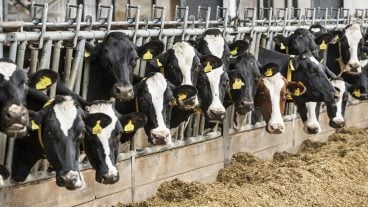
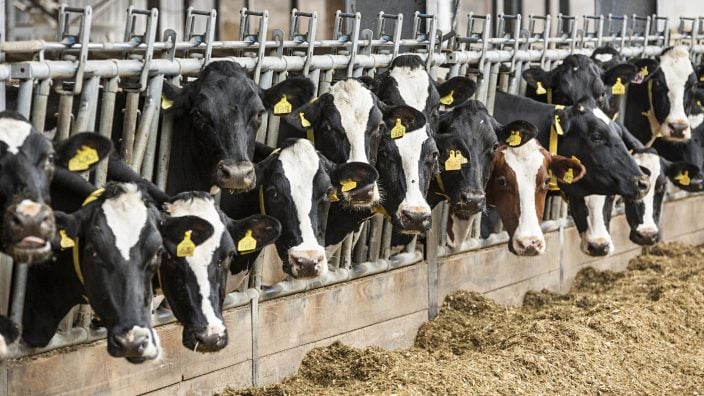
Producers are urged to work with their veterinarian to practice enhanced biosecurity measures and review and limit cattle movements within production systems.
Read More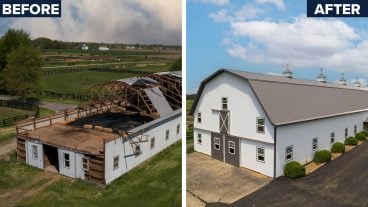
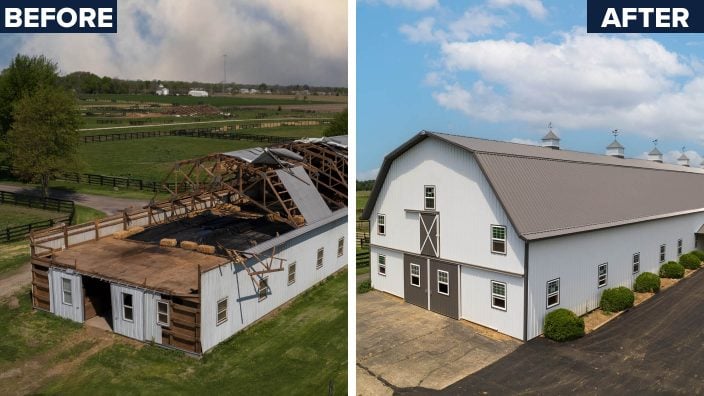
The changing seasons bring with them the need to thoroughly inspect pole barns for any damages that may have occurred during the winter months.
Read More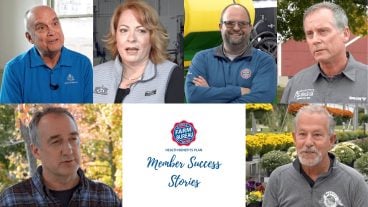
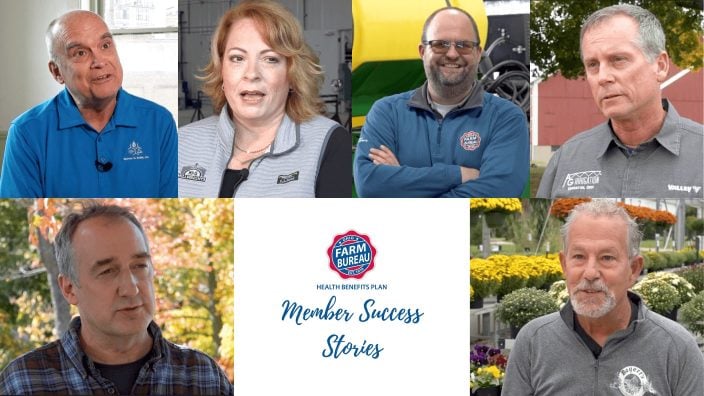
Hundreds of Ohio businesses and sole proprietors are raving about Ohio Farm Bureau’s Health Benefits plan with lower, predictable costs and easy enrollment and administration options.
Read More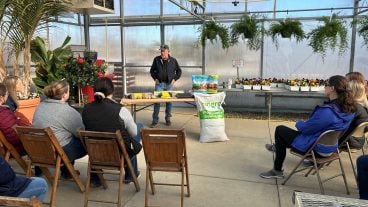
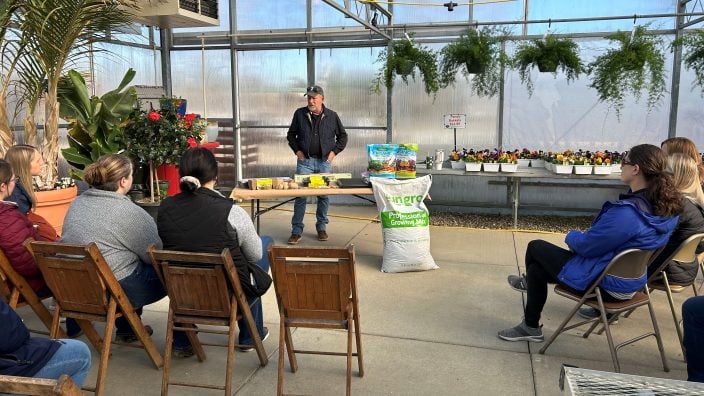
AgriPOWER Class XIV spent a few days in March in Medina and Wayne counties learning more about northern Ohio agriculture from leaders in Ohio Farm Bureau.
Read More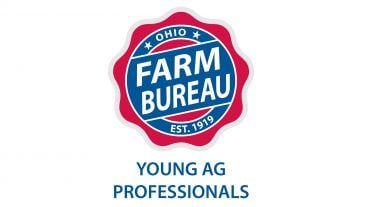
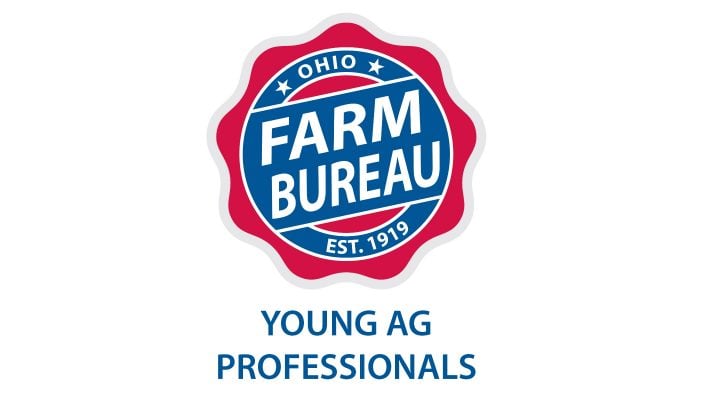
Leading Ohio Farm Bureau’s 2024 YAP State Committee are Luke and Kayla Durbin of Coshocton County, Tim and Sarah Terrill of Montgomery County and Carly Fitz of Perry County.
Read More